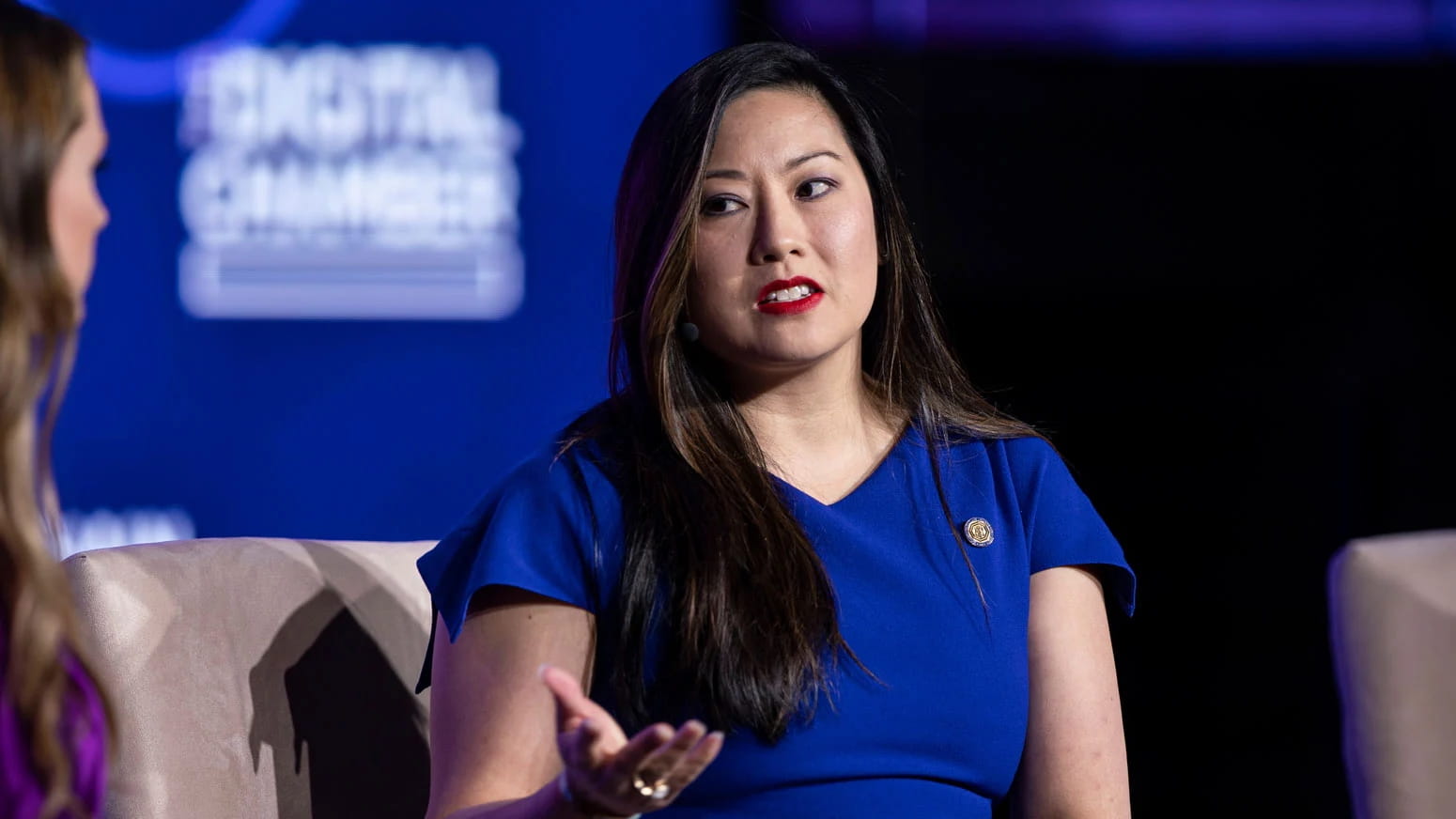
The Commodity Futures Trading Commission (CFTC) will enter an unprecedented "personnel vacuum" next week. With Democratic Commissioner Kristin Johnson announcing her resignation on September 3, the originally five-member commission will be left with only acting chair Caroline Pham, raising concerns about the agency's future direction in cryptocurrency regulation.
In her farewell statement, Kristin Johnson reminded regulators, "While promoting growth, do not sacrifice the foundational resilience that financial stability relies on," and called on the CFTC to adhere to the fundamental principles of financial regulation when facing emerging technologies.
Currently, the only candidate waiting to fill the vacancy is former CFTC Commissioner Brian Quintenz, who has been nominated by Trump to serve as chair, but the Senate confirmation process has yet to begin, leaving the future uncertain.
Brian Quintenz previously served as the policy chief at venture capital giant a16z and has also worked at the prediction market Kalshi, with significant connections to the cryptocurrency industry.
However, Brian Quintenz's nomination is not without controversy. Although he has received support from some in the cryptocurrency space, Gemini exchange founder Tyler Winklevoss has publicly opposed it. This has led to a split in industry voices: one side pushing for expedited confirmation, while the other harbors doubts about Brian Quintenz.
While the CFTC is primarily responsible for the regulation of U.S. derivatives, it is also viewed as one of the core agencies for cryptocurrency regulation, having initiated a series of significant enforcement actions and led discussions on "how to integrate cryptocurrency innovation into the commodities market."
It is widely believed that if Congress grants further authority, the CFTC is likely to become the regulatory body for spot cryptocurrency products such as Bitcoin.
Once Brian Quintenz officially takes over, acting chair Caroline Pham will also resign and return to the private sector, making the CFTC a "one-member commission." There are concerns that under the Trump administration's strong exclusionary hiring policy against Democratic commissioners, the agency may be in a prolonged state of understaffing, deviating from the tradition of "bipartisan checks and balances" in past U.S. federal regulatory bodies.
Although the law does not explicitly prohibit the CFTC from continuing to operate with only one commissioner remaining, experts point out that such a structure could make the agency's policy decisions more vulnerable to legal challenges. Additionally, due to significant staff cuts by the Trump administration, the CFTC is already facing resource constraints, making it even more difficult to develop cryptocurrency regulation rules in the future.
"Only 1 seat left out of 5! The U.S. CFTC is facing personnel vacancies, and the future of cryptocurrency regulation is uncertain," this article was first published in (BlockTempo).

